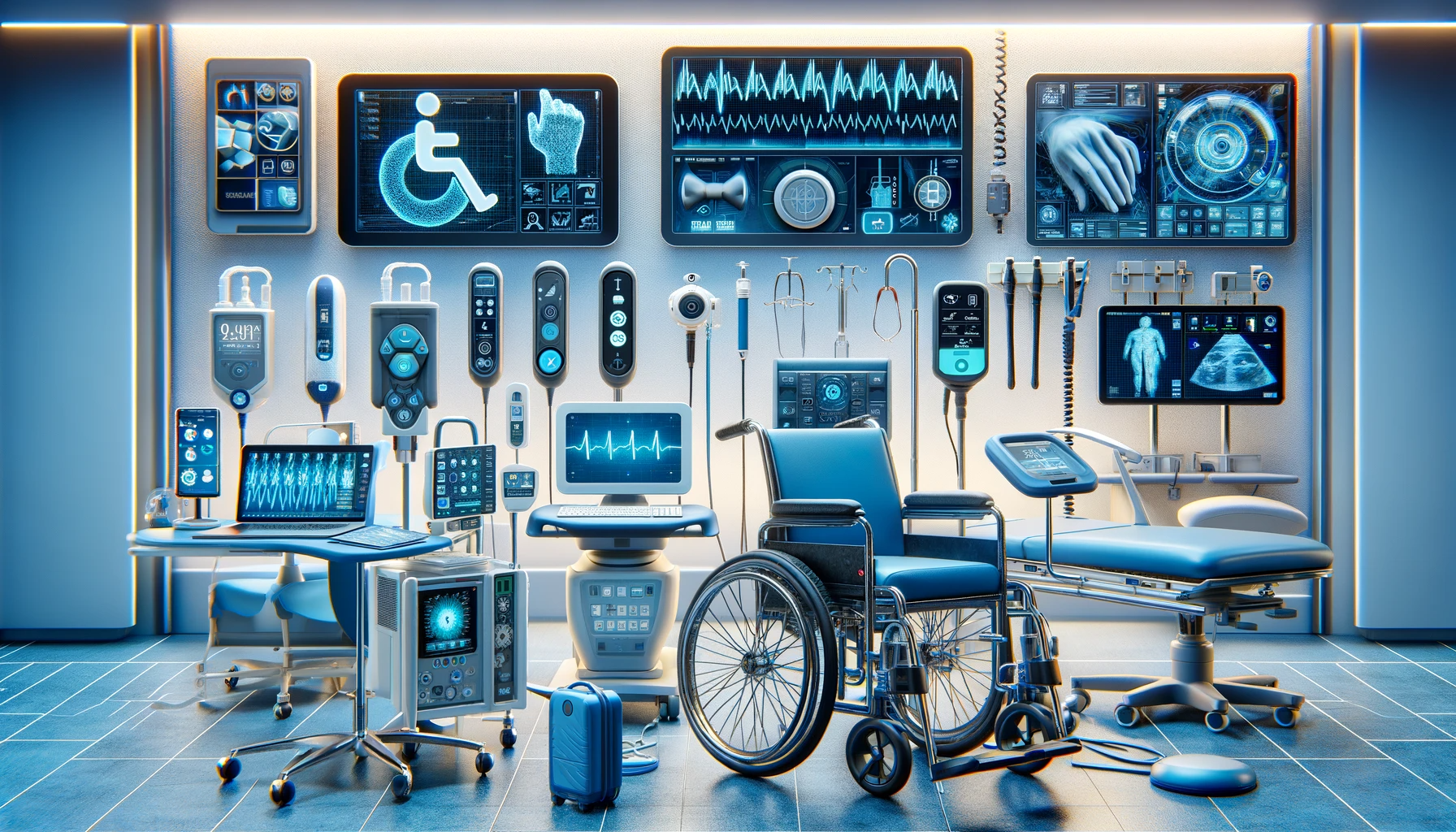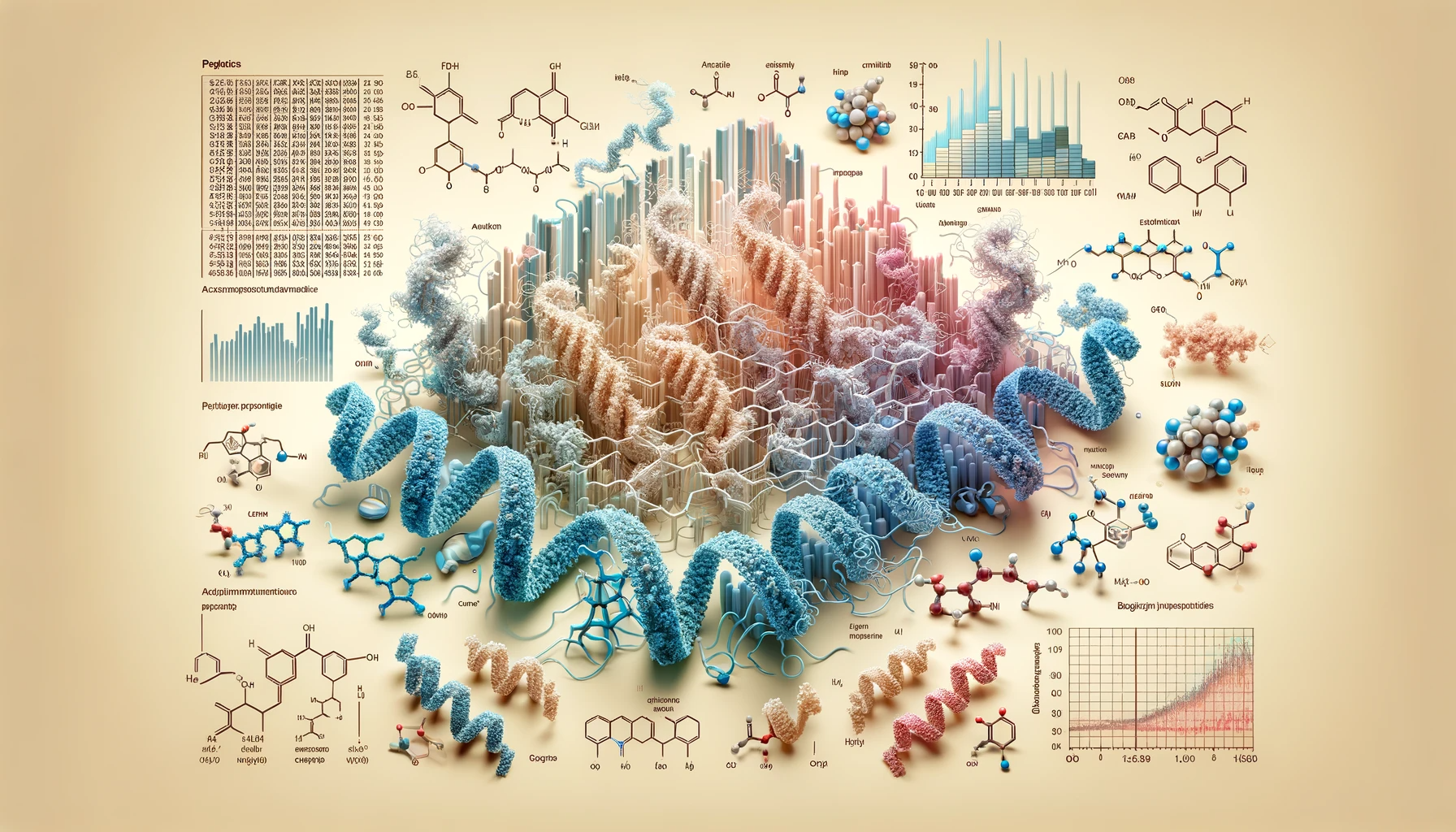Research Publications
Research Overview
While completing my undergraduate degree at Western University, I was fortunate to contribute to many research projects. Across six studies, the focus was on understanding how hormones like stanniocalcin and calcitonin play a crucial role in regulating minerals like calcium in various organisms, from fish to worms. The research explored how these hormones are produced, how they function in different species, and their effects on calcium balance. Discoveries included the development of methods to measure hormone activity, insights into hormone regulation of calcium in fish, and the evolutionary presence of these hormones in invertebrates. This body of work contributes significantly to endocrinology, offering new perspectives on hormone functions and their evolutionary conservation across species, which could have implications for understanding basic biology and developing medical applications.
My PhD research focused on the learning health system concept; a series of studies have explored various facets critical to enhancing healthcare outcomes, particularly for individuals with acquired brain injuries (ABI). The research spans topics from rehabilitation practices to integrating digital health interventions, emphasizing the need for a collaborative, adaptive health system that learns from patient experiences and data to improve care continuously.
One key area of focus is the rehabilitation process for ABI patients, where studies highlight the importance of personalized, comprehensive care plans that address physical mobility and cognitive, emotional, and social reintegration into the community. The necessity of continuous care and the involvement of a support network comprising healthcare professionals, caregivers, and community resources are underscored, pointing towards a holistic approach to rehabilitation.
Digital health interventions emerge as pivotal in facilitating this comprehensive care approach, offering innovative ways to support behaviour change, enhance patient engagement, and improve communication between patients and healthcare providers. These technologies are tools for managing health conditions and empowering patients, enabling them to participate actively in their recovery journey.
The research methodologies employed in these studies are varied, including focus groups, stakeholder interviews, and usability evaluations, reflecting the multifaceted nature of ABI patients’ challenges. These methodologies provide rich insights into the experiences of both patients and clinicians, informing the development of more effective health interventions and care models.
Behaviour change is another critical element, with the research exploring how personalized interventions, informed by patient data and feedback, can promote healthier lifestyles and adherence to rehabilitation programs. This aspect ties back to the core of the learning health system concept, where continuous learning and adaptation are key to improving health outcomes.
From these studies, creating a learning health system requires technological innovation and a shift in how care is delivered and experienced. It necessitates an integrated approach that considers the diverse needs of patients, leverages digital tools for better health management and utilizes research to inform practice. The goal is to establish a dynamic health system that evolves with the growing body of knowledge and the changing needs of its patients, ensuring that care is always patient-centred, evidence-based, and geared towards enhancing the quality of life for individuals with ABI and beyond.
Perspectives of clinicians and survivors on the continuity of service provision during rehabilitation after acquired brain injury
Lay Summary This research paper explores the experiences and perspectives of clinicians and...
Linkages between health systems and communities for chronic care
Lay Summary The research article outlines a comprehensive approach to examining how health systems...
Methodologies for Evaluating the Usability of Rehabilitation Technologies
Lay Summary The research article focuses on evaluating the usability of rehabilitation...
Clinicians and individuals with acquired brain injury perspectives about factors that influence mobility
Lay Summary The research article focuses on understanding mobility challenges faced by individuals...
Evidence for stanniocalcin and a related receptor in annelids
Lay Summary The research article uncovers that stanniocalcin (STC), a hormone initially found in...
Evidence for calcium-sensing receptor mediated stanniocalcin secretion in fish.
Lay Summary The article presents findings on how calcium levels trigger the release of...






